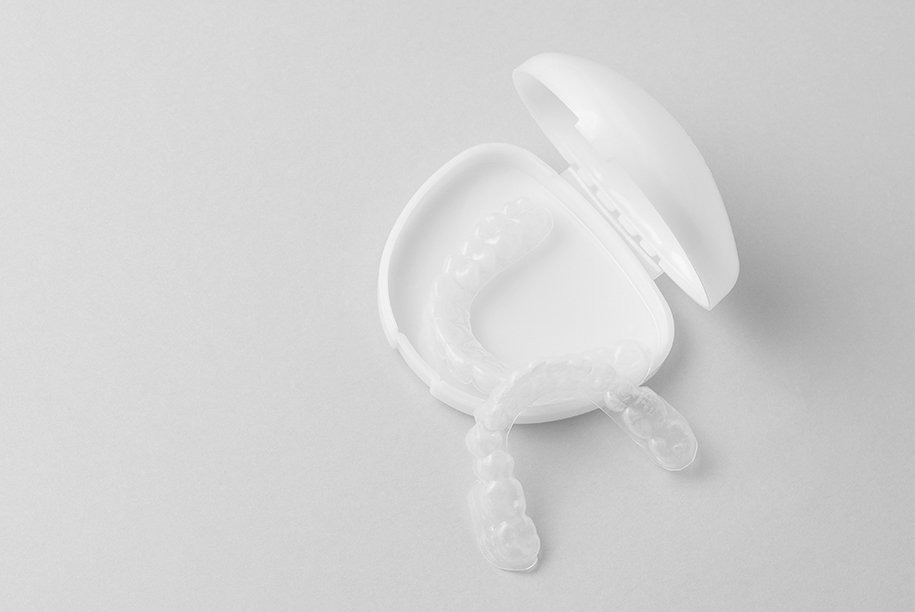sports protectors
It has been proven that 35% of maxillofacial and oral injuries occur during the practice of some type of sport. To avoid these injuries, we recommend the use of a mouth guard.
Mouthguards, in addition to preventing injuries to teeth and soft tissues in the mouth, can help reduce transmission damage to the brain and other parts of the head and neck. In 80% of sports injuries, the incisors are affected to a greater or lesser degree, and sometimes even one or more teeth can be lost.
It is therefore very important to consult a dentist before taking up a sport in order to receive information on the precautionary measures to be taken.
The mouthguard designed in the dental practice is the most suitable. It must meet a series of standards in order to provide the safety we are looking for. It must cover teeth, gums and part of the jaws.
It is important that the mouthguard is personalised, made to measure and taking into account all the characteristics of the patient’s mouth in particular, as in this way, the mouthguard fits perfectly and there is no possibility of there being empty spaces or small air chambers between the mouthguard and the teeth. If there were such gaps or chambers, the protective effect of the appliance would be cancelled out.
For this reason it is essential that the protector is designed in a dental clinic. It should be checked at least once a year. It is best to replace it every season to neutralise wear and tear and its loss of effectiveness over time.
Dental equipment specialised in sports protectors
high
– martial arts
– football
– hockey
– rugby
– basketball
– mountain-bike
medium
– squash
– horse riding
– skiing
– motocross
low
– tennis
– golf

